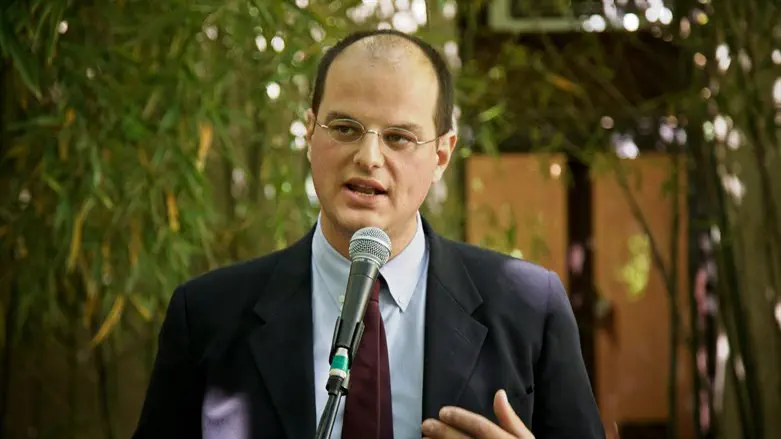
Swedish Prime Minister (1946-69) Tage Erlander in 1967 declared in response to the racial riots in the slums of Los Angeles that "we Swedes live in such an infinitely happier situation. The population in our country is homogeneous, not only in terms of race, but also in many other aspects ”.
In 1975 the country introduced multiculturalism with Social Democratic Prime Minister Olof Palme rejecting assimilation in favor of policies that encouraged minorities to maintain separate identities. It was part of the famous "freedom" of the Swedes, free to do and undo everything, from the family to the nation.
Now, like a drunkard in the morning, Sweden wakes up to the sad reality, but doesn't know how to get rid of the hangover. Ghettos, crime, segregation and ethnic-religious conflicts are now the hallmarks of the "quiet laboratory of the world". The inevitable happened. The system is collapsing and reality can no longer be ignored. Large areas of the country are more similar to the Middle East and North Africa than to Sweden.
And the main ruling party and the largest political party, the Social Democrats, also made a breakthrough in just a year. As champions of open borders, international solidarity, multiculturalism and free immigration, the Social Democrats are now the party of restrictive immigration.
Sweden is only the portal to Europe's future.
In an interview with the newspaper Dagens Nyheter, the Swedish Minister for Immigration Anders Ygeman announces that Sweden has a big problem: too many areas where most of the inhabitants come from outside the Nordic countries (Denmark, Sweden , Iceland, Finland and Norway). "I think it's bad to have areas where the majority have a non-Nordic origin," Ygeman said.
Ygeman suggested a "50 percent" limit when pressed by reporters if he believed Sweden should have a similar target to that of Denmark, where the Social Democrats have set a ceiling of 30 percent of the population of non-Western origin by 2030.
Denmark had announced that it will try to limit the number of "non-Western" residents in neighborhoods with a high migration density. The Minister of the Interior, Kaare Dybvad Bek, indicates the share of 30 percent, because too many non-Western foreigners in an area "increase the risk of the birth of parallel religious and cultural societies". According to Statistics Denmark, 11 percent of Denmark's 5.8 million inhabitants are of foreign origin, of which 58 percent come from a country considered “non-Western”. 30 suburbs mostly inhabited by Muslim foreigners. Neighborhoods like Mjolnerparken, nicknamed “little Damascus”.
Swedish Green Party spokesperson Märta Stenevi is shocked by the proposal of her old government mate Ygeman: "I think it's incredible that a Social Democrat minister suggests that we should conduct an ethnic-based policy." It wasn't just any Viktor Orbán, right? "Swedish immigrant integration policy has failed, leading to parallel societies and gang violence,"
Prime Minister Magdalena Andersson said in May after dozens of police were injured and cities were thrown into chaos over Islamic riots. "Segregation has been allowed to go so far that we have parallel companies in Sweden."
In Sweden there are hundreds of suburbs and neighborhoods where Swedes are a minority. Alby, in Stockholm, is known as the "little Baghdad" (title contended with Sodertalje) for the percentage of Iraqis. There are suburbs where only one in ten inhabitants is Swedish. Or Rinkeby, the district with the highest immigration rate in Stockholm, known as “little Mogadishu” (Somalis are the majority). In Rinkeby 95 percent of the people come from abroad. It is a kaleidoscope of 60 ethnic groups and 40 languages: Somalia, Iraq, Syria, Lebanon, Ethiopia, Turkey, Bosnia ...
To read the international press, these looked like golden Ikea ghettos: public libraries, green gardens with playgrounds, clean streets, good schools and public transport. Areas where the word "multicultural" meant "exchange", "workshops of coexistence" and "global villages". The Swedish police have a list of 60 "vulnerable areas", which translated means abandoned by the state.
Uppdrag Granskning, a television investigative journalism program, has just visited the Tjärna Ängar district in the town of Borlänge, also known as the "little Mogadiscio ", where more than half of the residents come from Somalia. Attacks and violence against journalists, SVT Nyheter reported. Ukrainian women at the Galaxen refugee center in Olofström have just been told not to dress to "provoke men from other cultures ", reports the daily Nyheter Idag.
From Abba to Allah - and one day we will read about cities in Sweden known as "little Sweden".